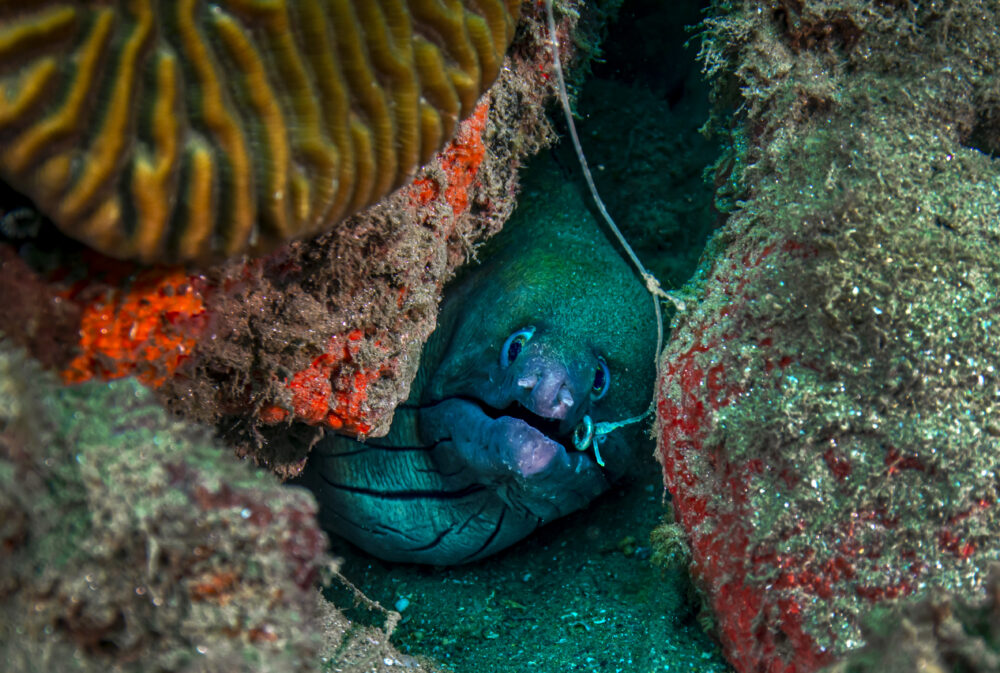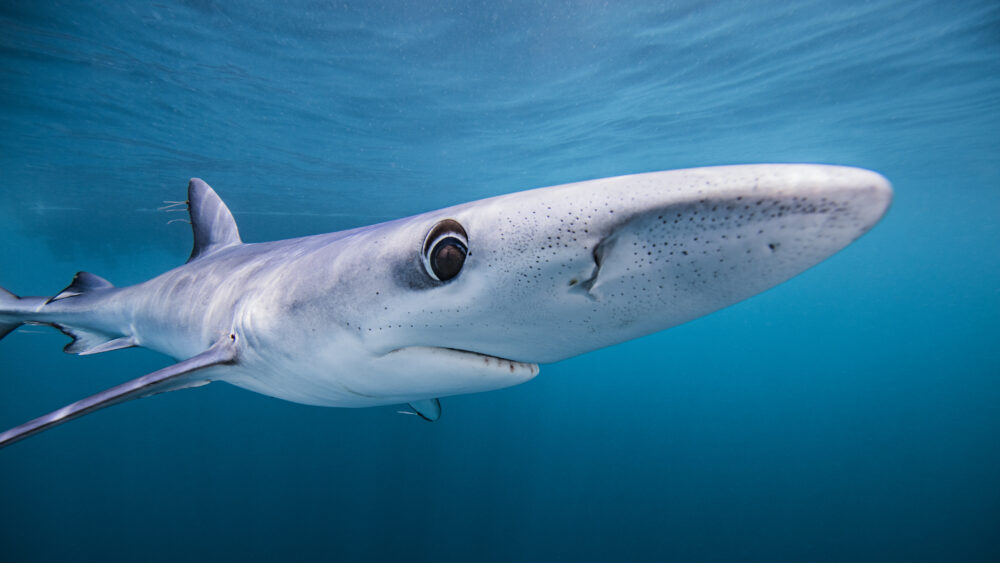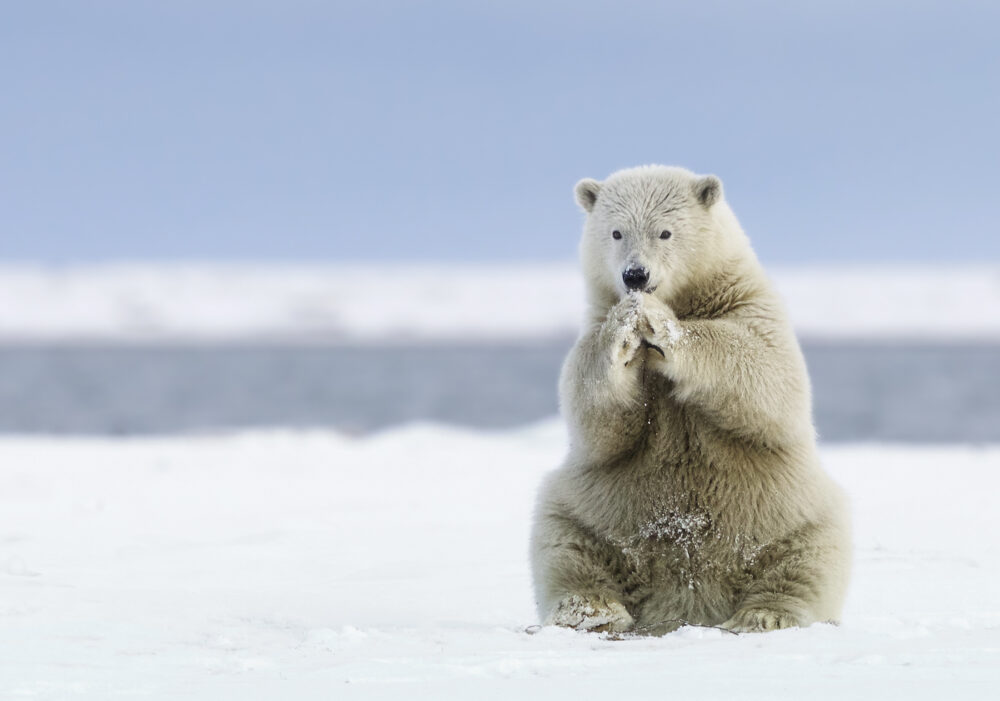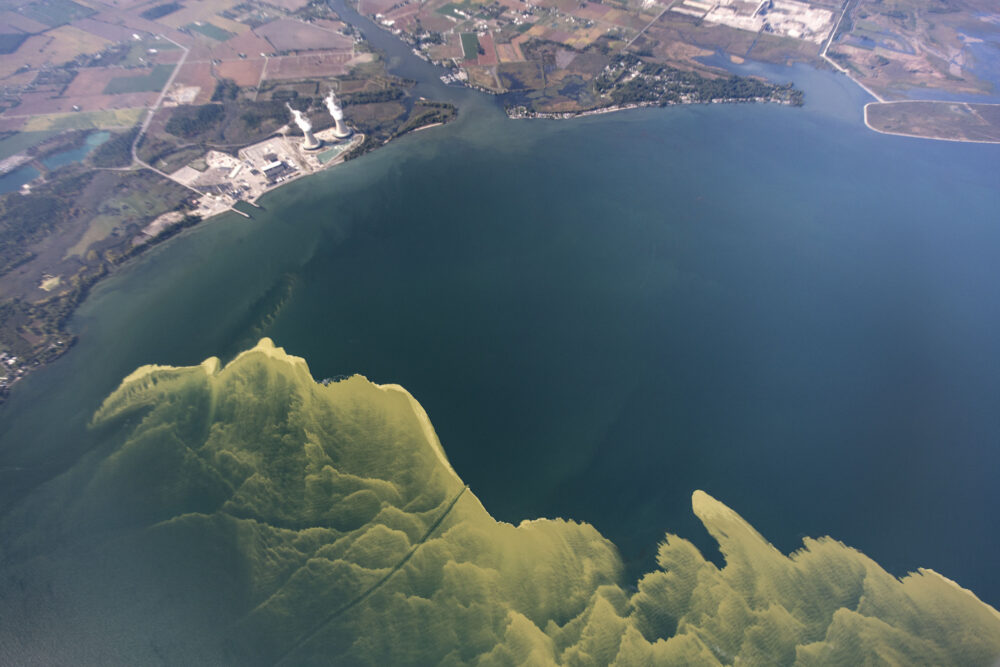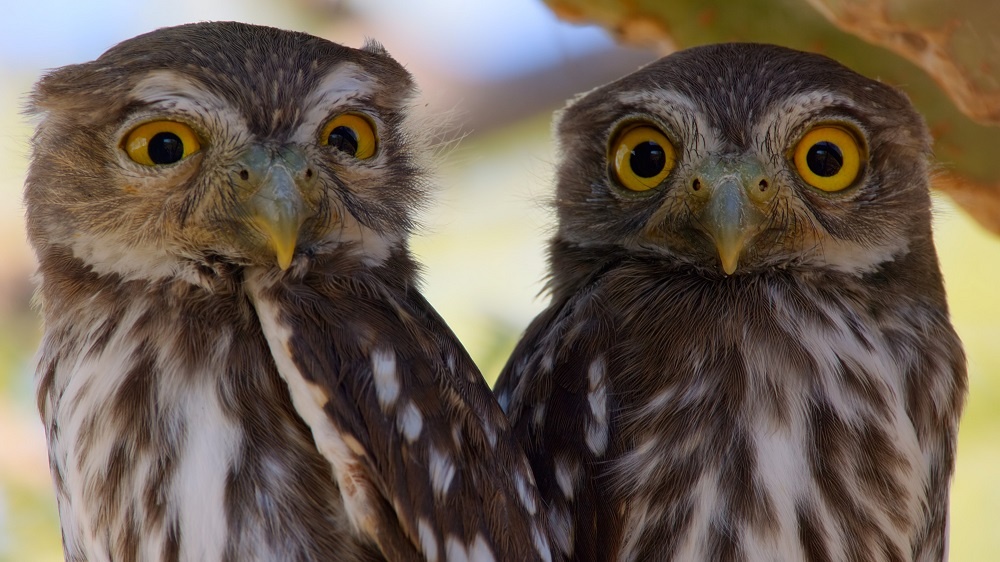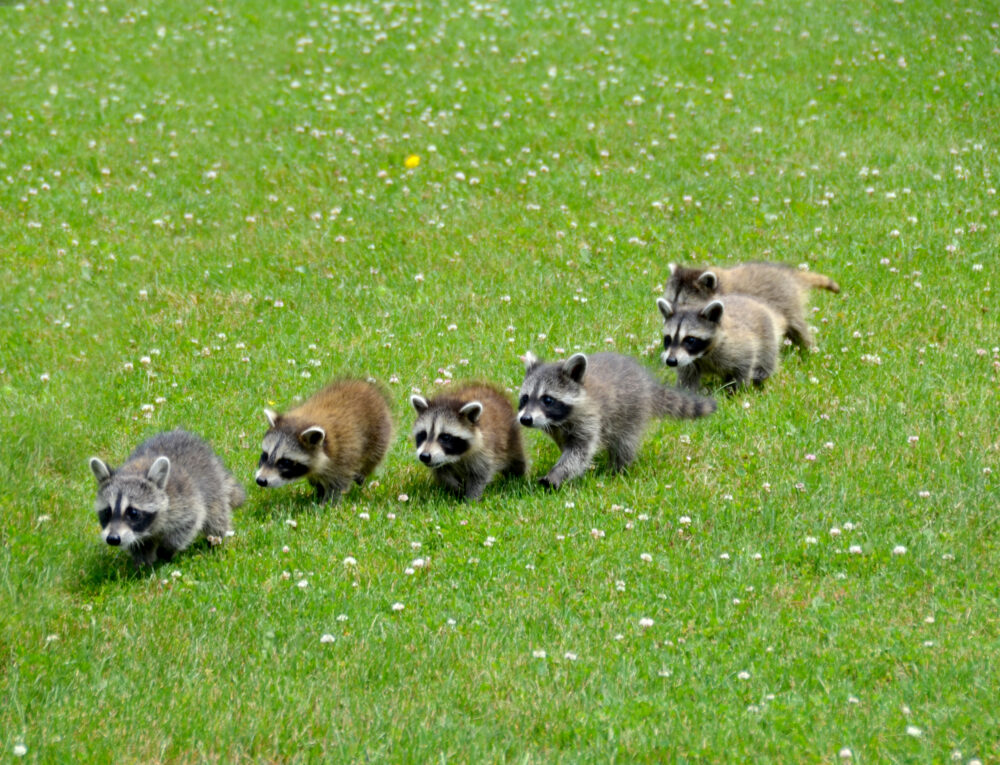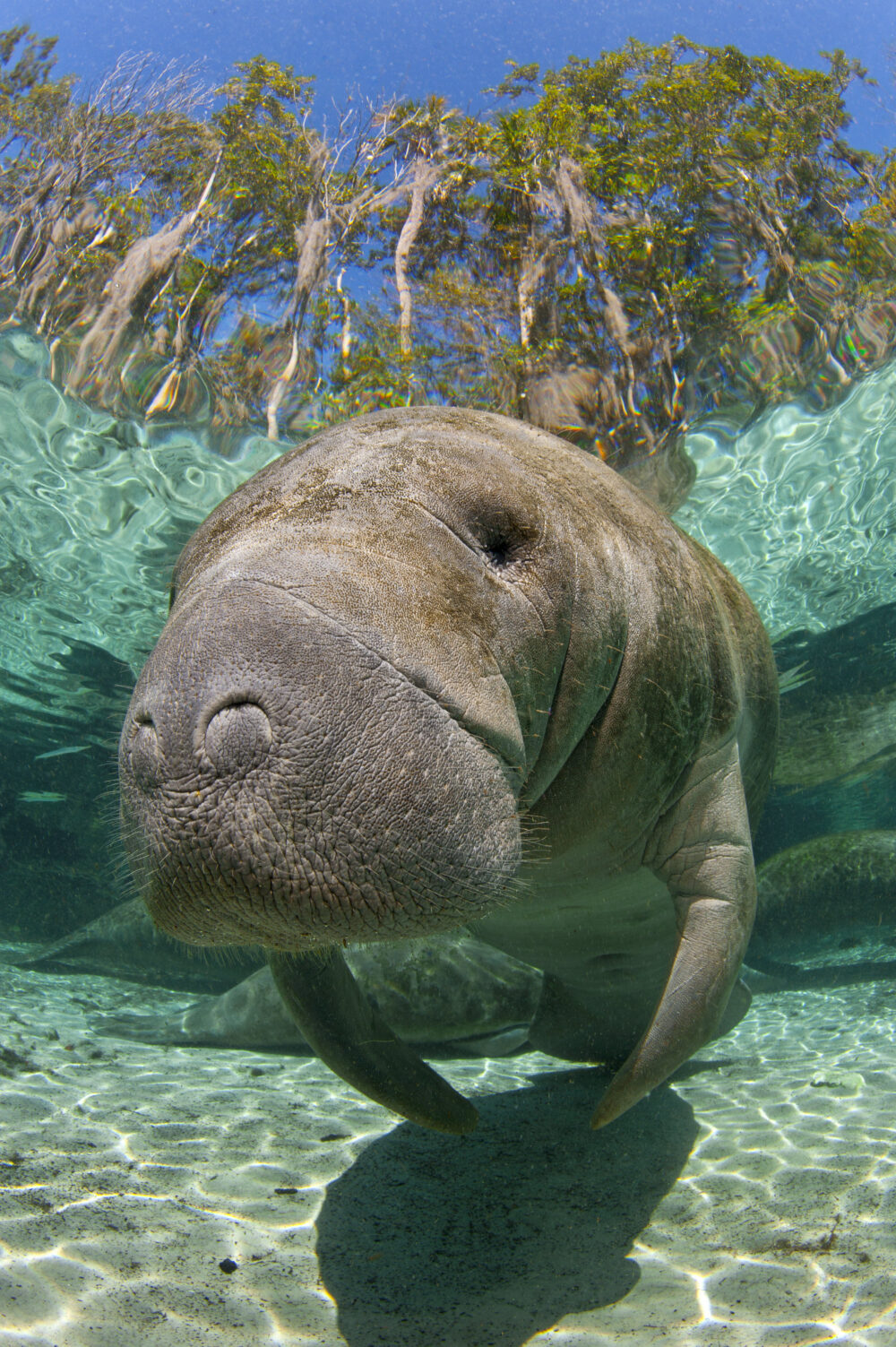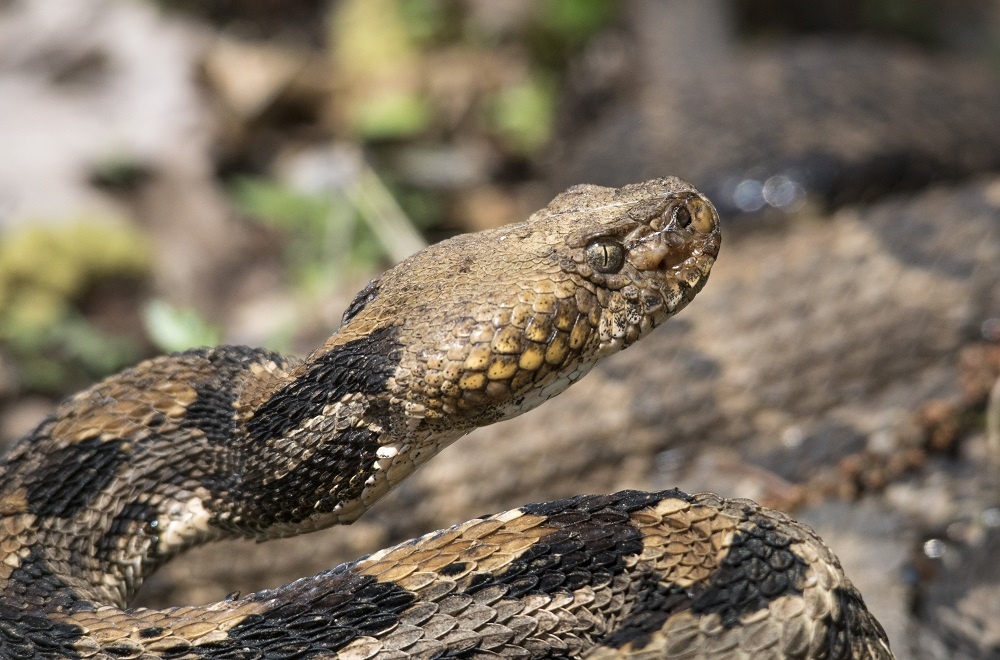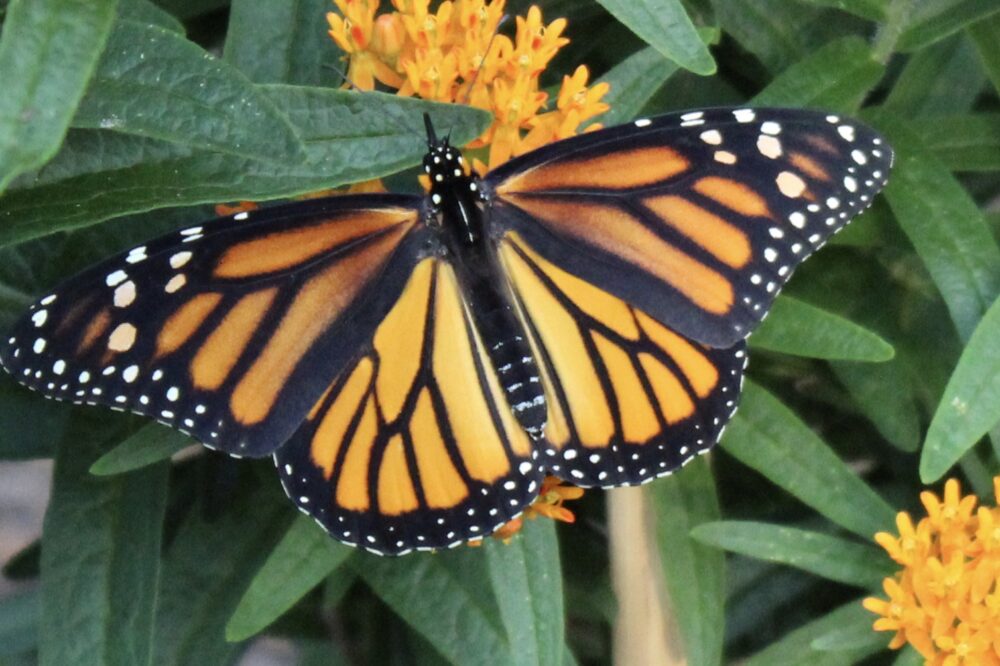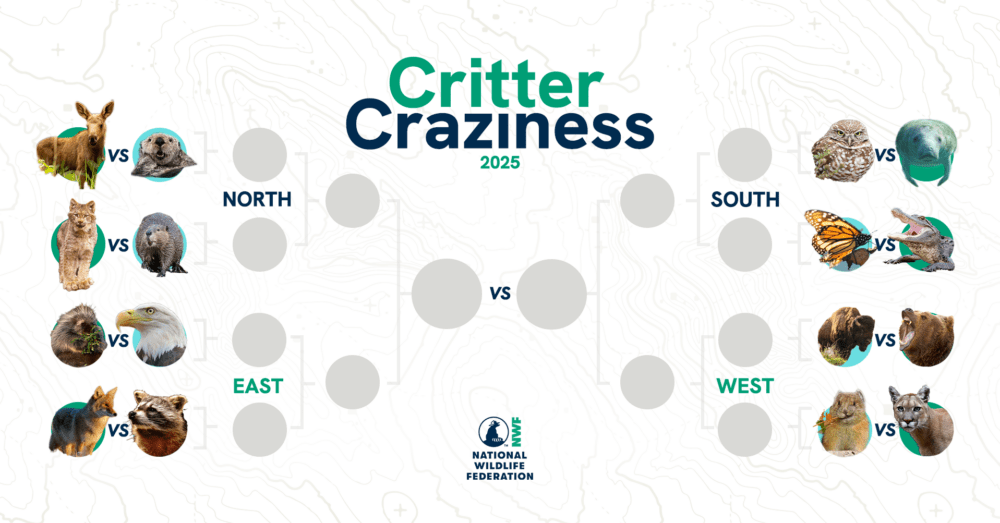We have much more to do and your continued support is needed now more than ever.
Simple Tips for Helping Wildlife During Heat Waves and Drought
 Many wild creatures can live for extended periods of time without food but… they need water much more regularly. Having convenient supplies of clean water can make a huge difference to the survival of local wild species such as birds, butterflies and small mammals, during times of extreme heat and drought such as we are seeing during the summer of 2011.
Many wild creatures can live for extended periods of time without food but… they need water much more regularly. Having convenient supplies of clean water can make a huge difference to the survival of local wild species such as birds, butterflies and small mammals, during times of extreme heat and drought such as we are seeing during the summer of 2011.
Many of the smaller creatures we might find around the home or office are not very wide-ranging and are less likely to head off to local bodies of water, while more mobile species can become dehydrated due to lack of proximity to water. Sudden hot conditions and prolonged drought throw wildlife off their normal routines and put them at risk. But you can help that situation and make a real difference to animals and plant life in your area. Here are a few simple pointers.
- Make a special effort to keep your birdbaths full or think about getting one if you do not currently have one.
- Hang a “drip jug” over your bird bath – a basic plastic milk jug filled with water with a tiny hole in the bottom. The birds will hear the drip and it will attract them for a cool bath and a drink. There are a number of terrific ways to enhance your garden with water features including misters, bubblers and more.
- Put out some additional water-filled containers. Placing a couple of containers (one shallow and one a little deeper) on the ground will help other creature such as ground squirrels, raccoons, and many others.
 Use water-conserving garden practices such as using a generous amount of mulch to cover garden beds. This will help insects, worms and other invertebrates.
Use water-conserving garden practices such as using a generous amount of mulch to cover garden beds. This will help insects, worms and other invertebrates.- Watering plants in your garden will help to keep them healthy with natural moisture and the droplets are a favorite of bees and butterflies.
- Don’t forget the hummingbirds – they rely on nectar from plants and summer conditions can dry up natural supplies that a good hummingbird feeder can help replace. You can make your own nectar and can learn more about hummingbird feeders from NWF.
- Often communities will put watering restrictions in place during times of drought. These are good times to capture water that might otherwise go to waste. One thing many folks do is put a bucket (or two) in their shower. While you bathe, the bucket fills with drinkable water for wildlife that would otherwise go down the drain. (Make sure soap doesn’t get in the bucket.) Many communities encourage residents to install backyard rain barrels that gather rainfall from the roof and store it for drier times.
- And remember that a garden that has food, water and shelter for local wild creatures, large or small, and would make a terrific NWF Certified Wildlife Habitat®. It’s easy and fun.






